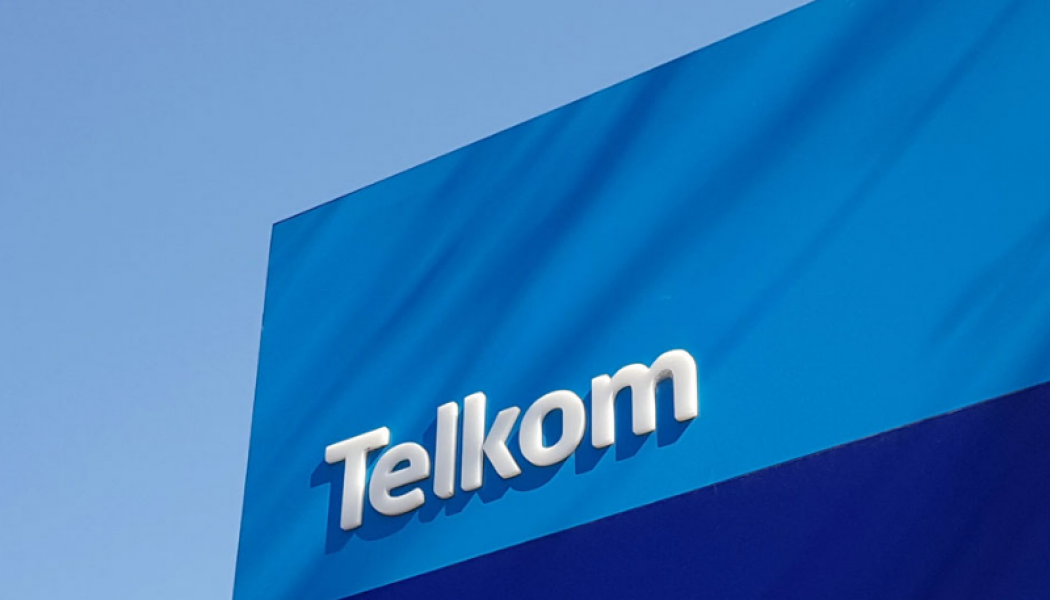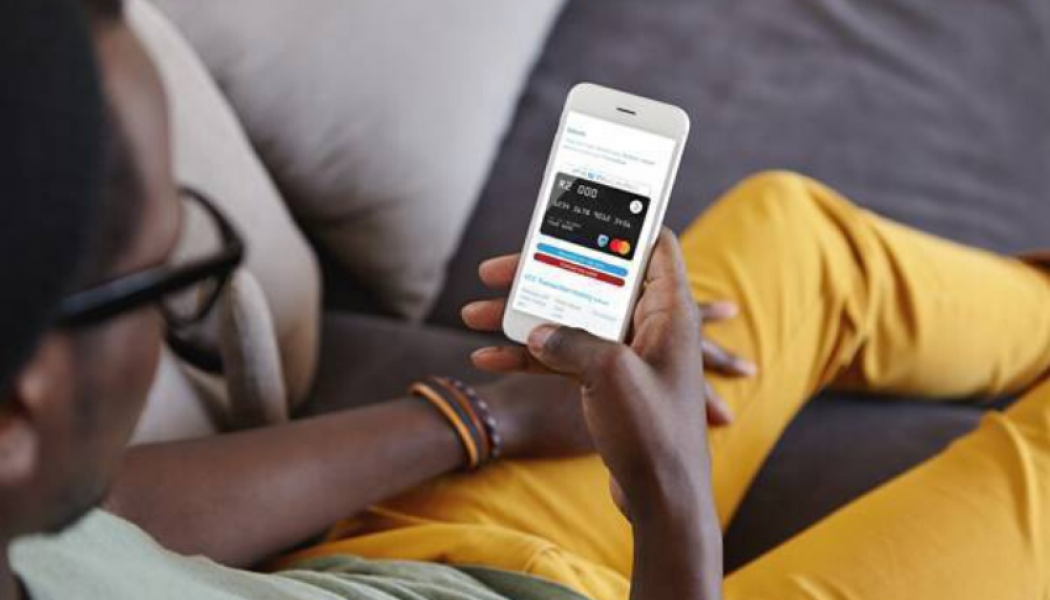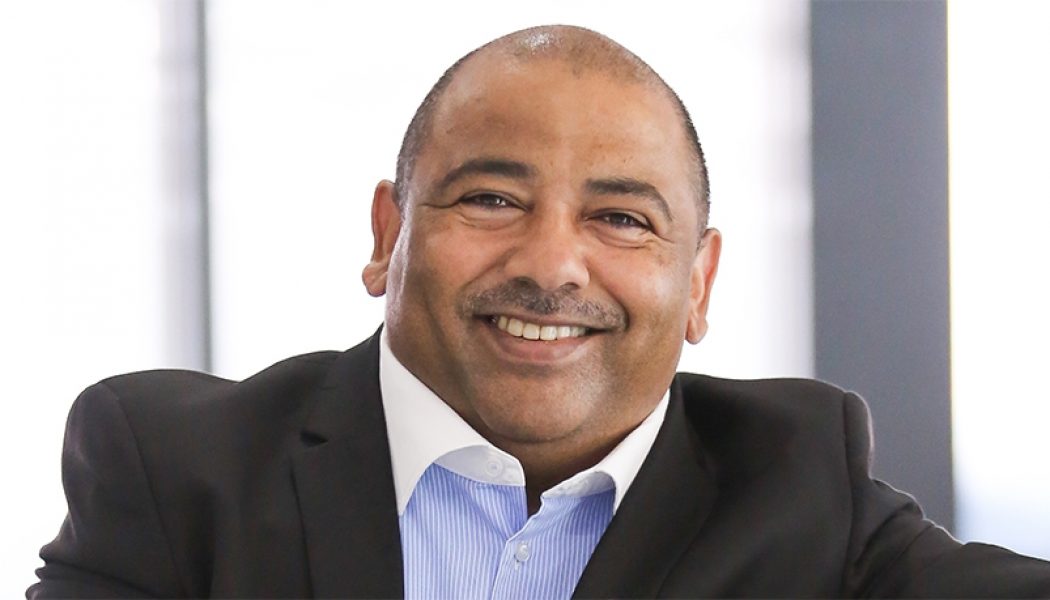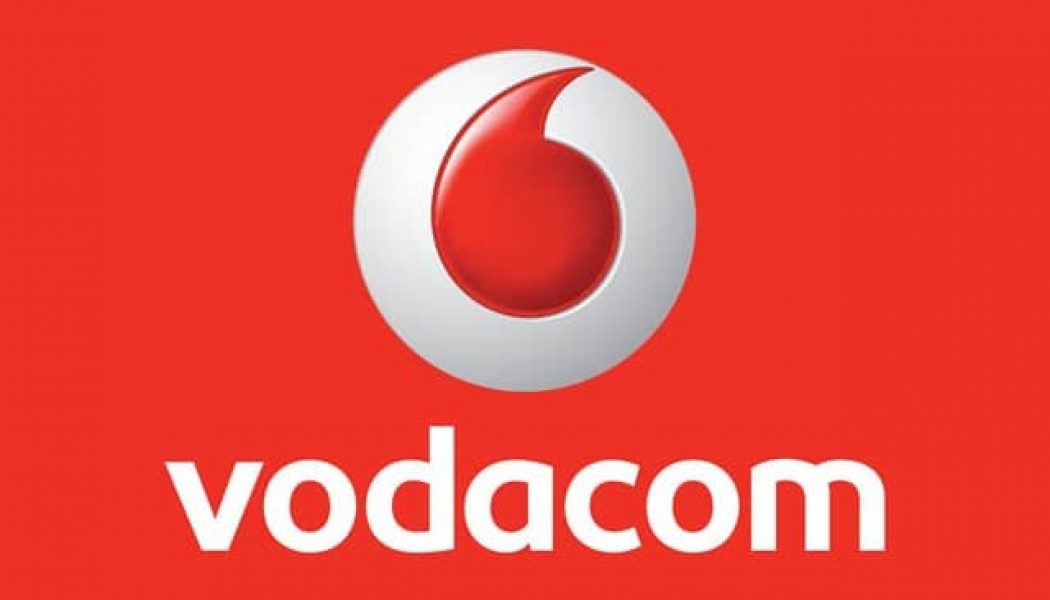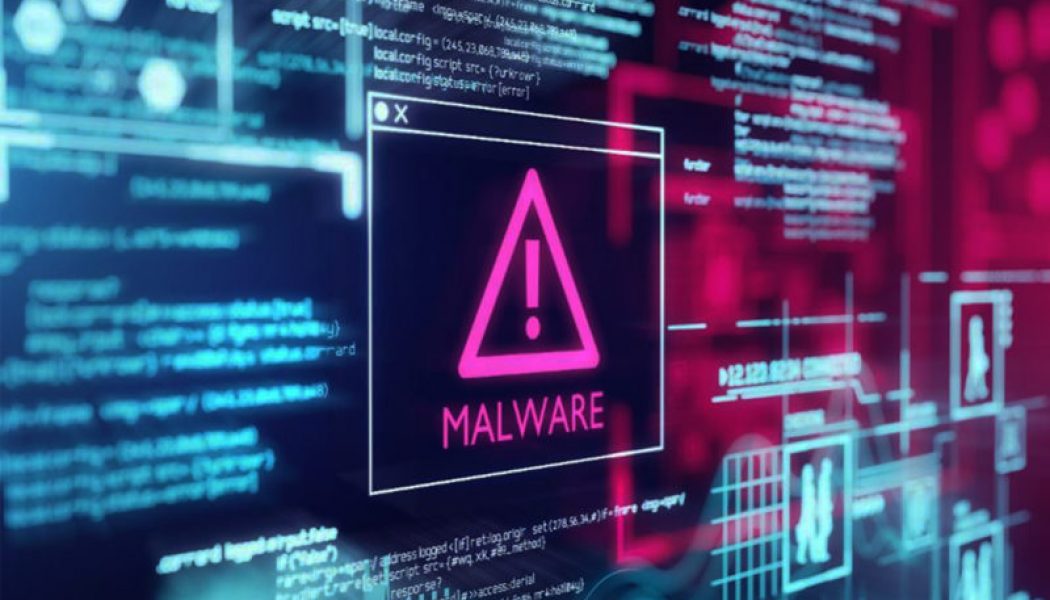Southern Africa
ZACR Launches Domain Security Feature
The ZA Central Registry NPC (ZACR) has revealed that has launched Registry Lock, a new feature that prevents ownership and other details of domain names (under its management) from being fraudulently changed. “Registry Lock is a function that can now be activated at the Registry level to prevent the unauthorised transfer of domain names for the following domain name extensions: co.za| net.za |org.za|web.za as well as the four gTLDs of .africa |.capetown |.durban and .joburg,” says ZACR CEO, Lucky Masilela. “The process is quite seamless, as it requires our channel partners (EPP-accredited Registrars) to provide the Registry with a passphrase via a telephonic validation process to enable changes, such as updates, transfers and deletes to be processed on a selected domain name. Manual interv...
Mastercard and Zimswitch Partner to Transform Payments Sector in Zimbabwe
Mastercard and Zimswitch have partnered in an attempt to modernise Zimbabwe’s payment infrastructure – something that the companies believe will support the country’s Reserve Bank’s vision of an interoperable payment system that supports inclusive economic growth and boosts the digital economy. “We see this partnership as a positive development that will help us achieve our long-standing vision and our strategic plan to modernise payments systems and infrastructure, and build an inclusive financial sector that supports the socio-economic development of the country,” says John Mangudya, Governor of the Reserve Bank of Zimbabwe. Utilising Mastercard’s global network, Zimswitch will launch a co-branded contactless card programme that features EMV technology to enable safer, smarter and more s...
Telkom Makes Changes to Board of Directors
Image sourced from Bandwidth Blog Telkom has made two changes to its board of directors – the appointment of Alphonzo Samuels as a non-executive director with effect from 1 January 2021, as well as Hemmanth (Herman) Singh as an independent non-executive director with effect from 25 September 2020. This comes after the telco revealed that Santie Botha and Khanyisile Kweyama, both independent non-executive directors, have made the decision to retire, with effect from 25 September 2020 and 31 December 2020 respectively. Samuels holds a Bachelor of Technology degree from UNISA and is said to be a seasoned executive with more than 35 years’ experience in the telecommunications industry. He also completed an Executive Development Program and a Program for Enterprise Leadership. He is well-positi...
MultiChoice South Africa CEO Resigns
Image sourced from The Vanguard Nigeria MultiChoice South Africa has revealed that CEO Mark Rayner has resigned – “it is with great regret that today we announced the departure of Mark Rayner from MultiChoice, effect 30 November 2020.” “Having been part of the MultiChoice family for the past 14 years leading in various parts of the group, Mark Rayner has now decided to further his journey outside the group.” MyBroadband reports that Rayner began working at the company in 2007 where “he served as the CFO of DStv Mobile until September 2008, after which he took the helm at the company”. The African entertainment company ads that an announcement on Rayner’s successor will be made in the near future. /* custom css */ .tdi_3_f46.td-a-rec-img{ text-align: left; }.tdi_3_f46.td-a-rec-img img{ marg...
Cash Crusaders Launches eCommerce Service in South Africa
Second-hand goods chain, Cash Crusaders has built and launched ‘Click & Collect’, the first instalment in taking their retail business online. “Although we’ve been planning the launch of eCommerce for our business for a while, COVID-19 rapidly increased the rate in which we rolled the service out,” says Sean Stegmann, CEO of Cash Crusaders Franchising. “As discussed in our recent 702’s Franchising for Future Success webinar, with shopper behaviours changing somewhat, the timing was perfect for us to aggressively embrace our digitisation strategy. We started with our WhatsApp Video service back in June and have gone live with our Click & Collect service.” The company says that this service will cater for both private label new goods as well as second-hand goods and works off a live ...
Eutelsat and Paratus Partner to Increase Connectivity in South Africa
Eutelsat and Paratus have partnered to bring high-quality network connectivity to South Africa. Thanks to a new multi-year distribution agreement, Paratus will leverage Eutelsat Konnect in an attempt to connect remote and rural locations, businesses operating in farming, game farms and the SME segment and consumers, for home working, homeschooling and general Internet use across the country. Through this collaboration, Paratus will offer a number of 10, 20 and 30 Mbps packages to consumers – all will 24/7 technical support and using small, cost-efficient dishes. /* custom css */ .tdi_3_e5f.td-a-rec-img{ text-align: left; }.tdi_3_e5f.td-a-rec-img img{ margin: 0 auto 0 0; } “Getting connectivity in remote locations is not easy; while the price is key to attracting customers, the quality of n...
Xiaomi Introduces Redmi 9C to South Africa
Xiaomi has released the Redmi 9C in South Africa – this marks the company’s “latest step in making high-performance, smart and innovative technology accessible to everyone”. This low-budget device boasts an AI optimised triple camera, powerful 5000mAh high-capacity battery and 6.53” Dot Drop display. The Redmi 9C features a MediaTek Helio G35, an octa-core gaming chipset which can go up to 2.3GHz. Here’s a closer look at the Redmi 9C’s key specifications: /* custom css */ .tdi_3_5fa.td-a-rec-img{ text-align: left; }.tdi_3_5fa.td-a-rec-img img{ margin: 0 auto 0 0; } Display – 6.53” HD+ Dot Drop display, 400 nit (typ) brightness, Colour contrast ratio: 1500:1 (typ), TÜV Rheinland Low Blue Light certification, Reading mode Rear Camera – 13MP main camera, 2MP macro camera, 2MP depth sensor Fro...
Here’s what can cause Airtime Theft in South Africa
Sourced from Forbes Nearly 1.7 million mobile subscribers are infected with mobile malware in South Africa alone, reports 2019 data by mobile security company, Secure-D. According to the company, malware is the main culprit responsible for airtime theft and mobile ad fraud evident in the country, with 18,000 instances found on South African users’ devices. How malware highjacks mobile devices Mobile malware can either be downloaded on the device by the user via an app or come pre-installed. Once activated on the device, mobile malware becomes part of a “botnet” (short for robot network) of infected devices. These botnets, networks of malware-infused devices, are being remote-controlled at scale by a “bot-herder”. In the case of mobile ad fraud, the malicious application visits websites, cl...
